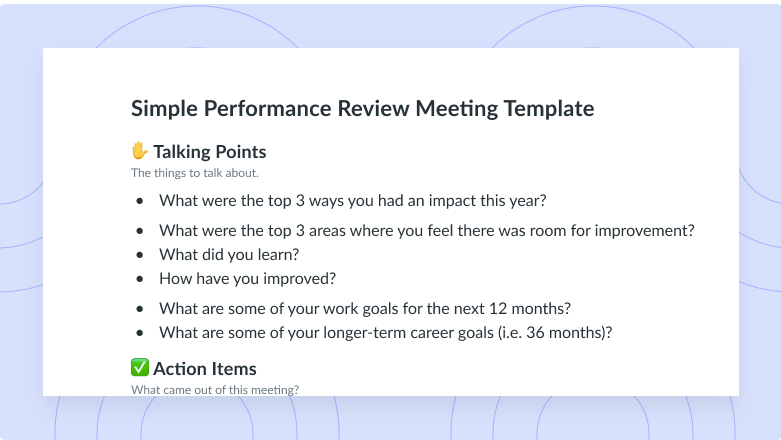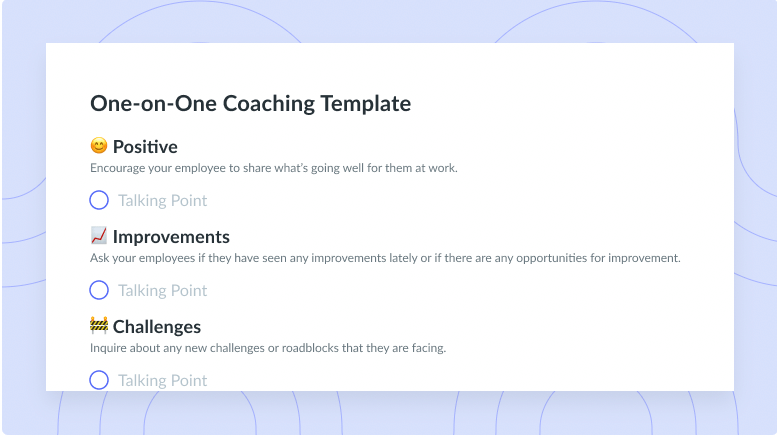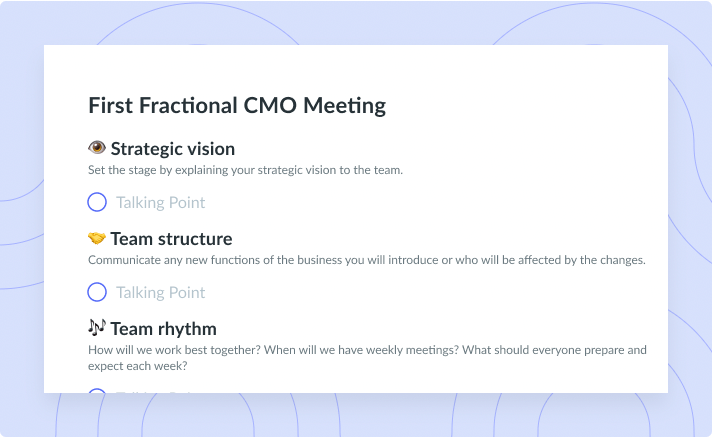8 Productive Things To Do When Bored At Work
No one likes being bored at work- but what’s the best way to combat under-stimulation? Fellow has come up with productive things to do when bored at work.
Many of us have been in a position where we’ve completed our tasks for the day and genuinely have nothing left on our to-do list. Feeling bored at work can sometimes also feel like a huge waste of time and it can even impact our mental health if we feel understimulated for too long.
To pass the time at work, it doesn’t feel right to scroll social media or to catch up with friends, so Fellow has come up with 8 productive things to do when bored at work. This way, you can use your free time productively, without the onset of guilt. If you find that you have a little extra time on your hands while you’re at work, this article is for you.
- Reasons why you could be bored at work
- How to overcome boredom at work
- 8 productive things to do at work
Reasons why you could be bored at work
There are many reasons why someone feels bored at work. You might be overqualified for the position, and so complete your tasks more quickly than anticipated and with more ease. Other times, it could be that you’re given too little work to complete, so by the time lunch hits you’re pretty much checked out and just looking for a way to pass the time. Sometimes people get bored at work because their tasks simply don’t align with their interests. When you’re not as invested in your work, you might rush to finish it quicker than most and end up feeling bored with that free time.
How to overcome boredom at work
If you’re bored at work, don’t despair. We’ve got some great ideas to help you use your free time more effectively, and reading this post is a great start:
1 Identify work that interests you
If you’ve completed your responsibilities for the day, it’s a great use of your time to identify what kind of work interests you. Brainstorm and write down as many ideas as possible, being as creative as you want with your approach. This could be a mind map, a list, drawings, etc. Think about what you’re passionate about, what you’re interested in, and how you could potentially incorporate those interests into your current position.
2 Apply your interest to the office
After you’ve written down the topics, industries, phenomena, etc that you’re interested in, think about if it’s possible for you to connect your interests to your current position. If you feel as if engaging in activities and responsibilities surrounding your interests would enrich your experience at work, ask your manager to meet or bring up your interests in your next performance review. This is a great opportunity to ask your manager how they might be able to help you get involved with tasks that you’re a little more interested in. This way, you’re taking initiative for your own job satisfaction and you’re showing your manager that you are motivated to acquire new skills and competencies, diversifying your skillset.
3 Take on new challenges and responsibilities
If your manager is able to help incorporate your interests into your current position or help you pivot into a better-suited role, you’re going to be taking on new challenges and responsibilities. This is exciting because you get to enrich your own knowledge and add value to the organization by becoming involved in initiatives that you feel more passionate about. If you already like what you’re doing but you just don’t have enough work, don’t be shy to ask for it. You may even have the opportunity to dip into a particular area of the business that you’ve been curious about. Again, this shows great initiative and proves you’re self-motivated and eager to grow.
Feeling bored? Here at 8 productive things to do at work
- Brush up on your skills
- Make time for strategic thinking
- Hit inbox zero
- Tackle tasks on your to-do list
- Plan for the upcoming months
- Communicate with other departments
- Try a new task or responsibility
- Talk to your manager
1 Brush up on your skills
One of the first productive things that you can do when bored at work is to brush up on your skills. This doesn’t necessarily need to be through formal courses or training (although it can be if that’s what you’re interested in). There are many ways to brush up on your skills, whether it be organizing an informal meeting with a subject matter expert to go over some of the areas of the business you don’t feel as comfortable with, or reading books, through documents, meeting notes, or other reference documents to enhance your knowledge. You can also do a quick google search and read articles and blog posts to solidify your knowledge and skills and really boost your confidence on that topic.
2 Make time for strategic thinking
If you’re bored, consider making time for some strategic thinking. There are all kinds of things that you can strategize about, whether it be a project you are working on, a project you would like to propose, your own career development and any other innovative ideas that you think might benefit your team and the business. Not only is this a great exercise for your brain, but the result could be very successful.
3 Hit inbox zero
Hitting inbox zero simply means that you want to keep your email inbox empty (or almost empty). This means that you’re on top of your emails and are constantly managing what you need to keep, and what you don’t need to keep in your inbox. Consider creating folders within your email and flagging emails that need reponses or further reading by colour coding or organizing them in a way that suits you. This way, you know where the emails are when you need them and they’re organized in a way that allows you to be as productive as possible.
4 Tackle tasks on your to-do list
We all have the less important items hiding at the bottom of our to-do lists. There are always those few items that get transferred to the next day’s responsibilities and so on. Rather than avoiding these less urgent tasks, when you’re bored at work use your spare time to tackle the items you may have been putting off. The ultimate satisfaction is completing everything that you have on your list so that you can start fresh the next day or the next week.

Pro tip
Using a meeting management tool like Fellow lets you organize your action items and to-do lists all in one place!
5 Plan for the upcoming months
Use your free time to plan for the upcoming months. Whether you plan into your calendar or into your agenda, it’s smart to set your future self up for success. Planning for the upcoming months will keep you organized and knowing what to expect. If you can see that your workload is heavier in the upcoming weeks or months, it means that you’re ahead of the ball and can get started on upcoming responsibilities now that you have some spare time on your hands. Understanding when future deliverables are due is going to keep you on top of everything and avoid any kinds of requirements sneaking up on you.
6 Communicate with (and learn about) other departments
If you’re bored at work, consider getting in touch with a different department in the organization that you haven’t had much exposure to yet. Chances are, there may be at least one person who also has some free time and can walk you through their part of the business including their current projects, daily responsibilities, tools and resources. Getting in touch with people you wouldn’t typically communicate with is a great learning opportunity and also an opportunity to build relationships outside of your immediate circle or team. You can even take turns teaching one another about your respective departments as a trade-off.
7 Try a new task or responsibility
Another great time management trick is to try a new task or responsibility. Ask your manager which colleagues may have a heavy workload and need assistance and see if you can help support them with some of their responsibilities. This is a great opportunity to diversify your skills and competencies. Moreover, by helping one of your teammates, you’re building team morale and your professional relationships. If you’ve helped your colleague during a busy and stressful time, chances are, they’ll be happy to support you when the roles are reversed and you could use an extra hand.
8 If it continues this way, talk to your manager
If you’ve been bored for a long time now, and you truly feel as if you’ve taken as much action as you can, it’s time to sit down with your manager and let them know how you’re feeling. Although it takes some courage, being open and honest with your manager is only going to benefit you and improve your situation. In letting your manager know you’re bored at work, it shows that you’d like to do something to change this and that you are open to their suggestions and direction on the matter.
Parting advice
When someone feels bored at work, it can be pretty uncomfortable and awkward. By finding productive things to do, you’re going to feel more engaged, more productive and the time won’t go by painfully slow. Spend time thinking about what really interests you and what you might want to get involved with at work and then consider proposing some of your ideas to your manager for their two cents.
As always, thanks for dropping by the Fellow blog! We can’t wait to see you next time.
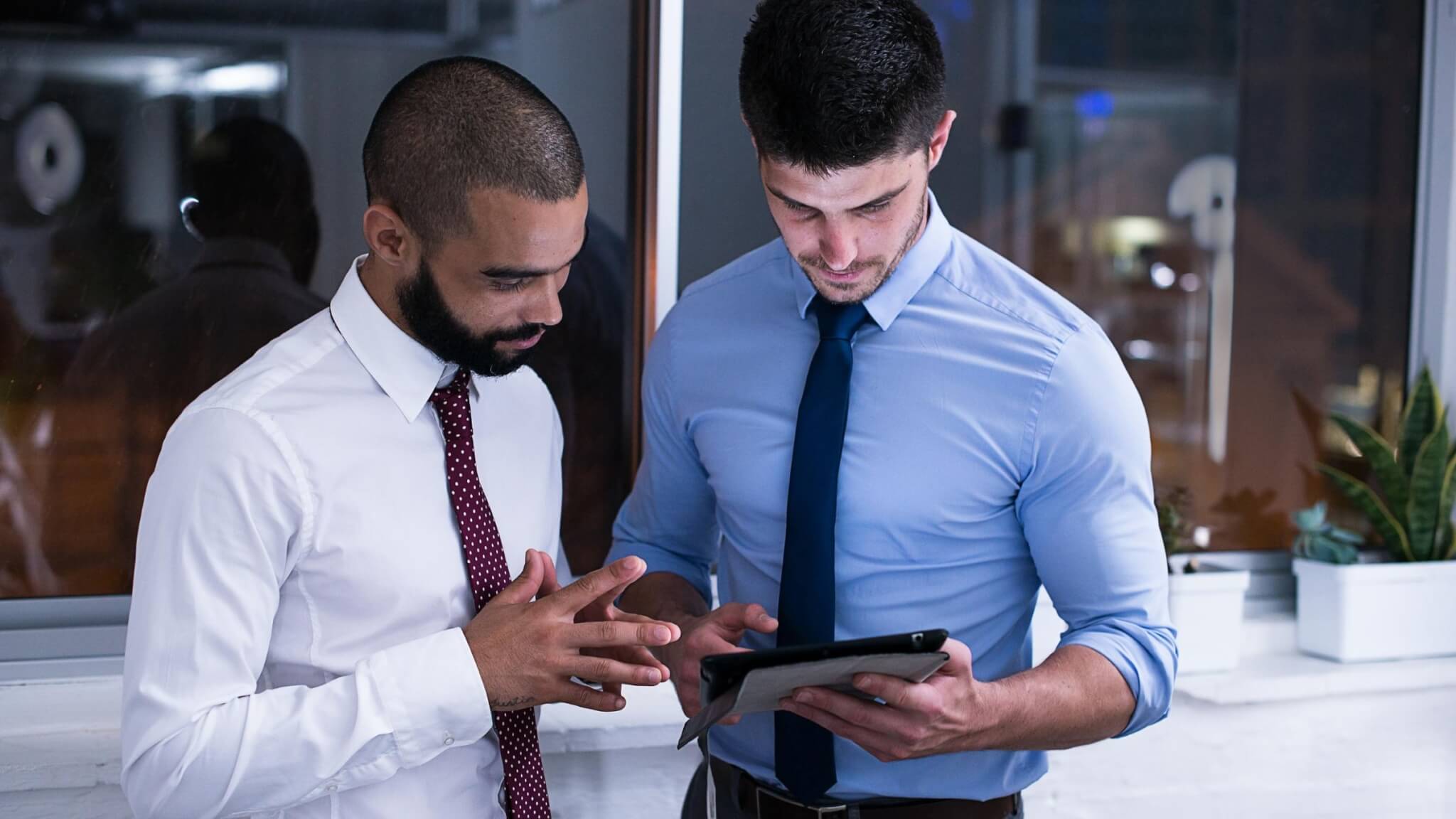


![Productive Tactical Meetings: 8 Tips [+ Free Templates]](https://fellow.app/wp-content/uploads/2022/08/Tactical-Meeting.jpg)

